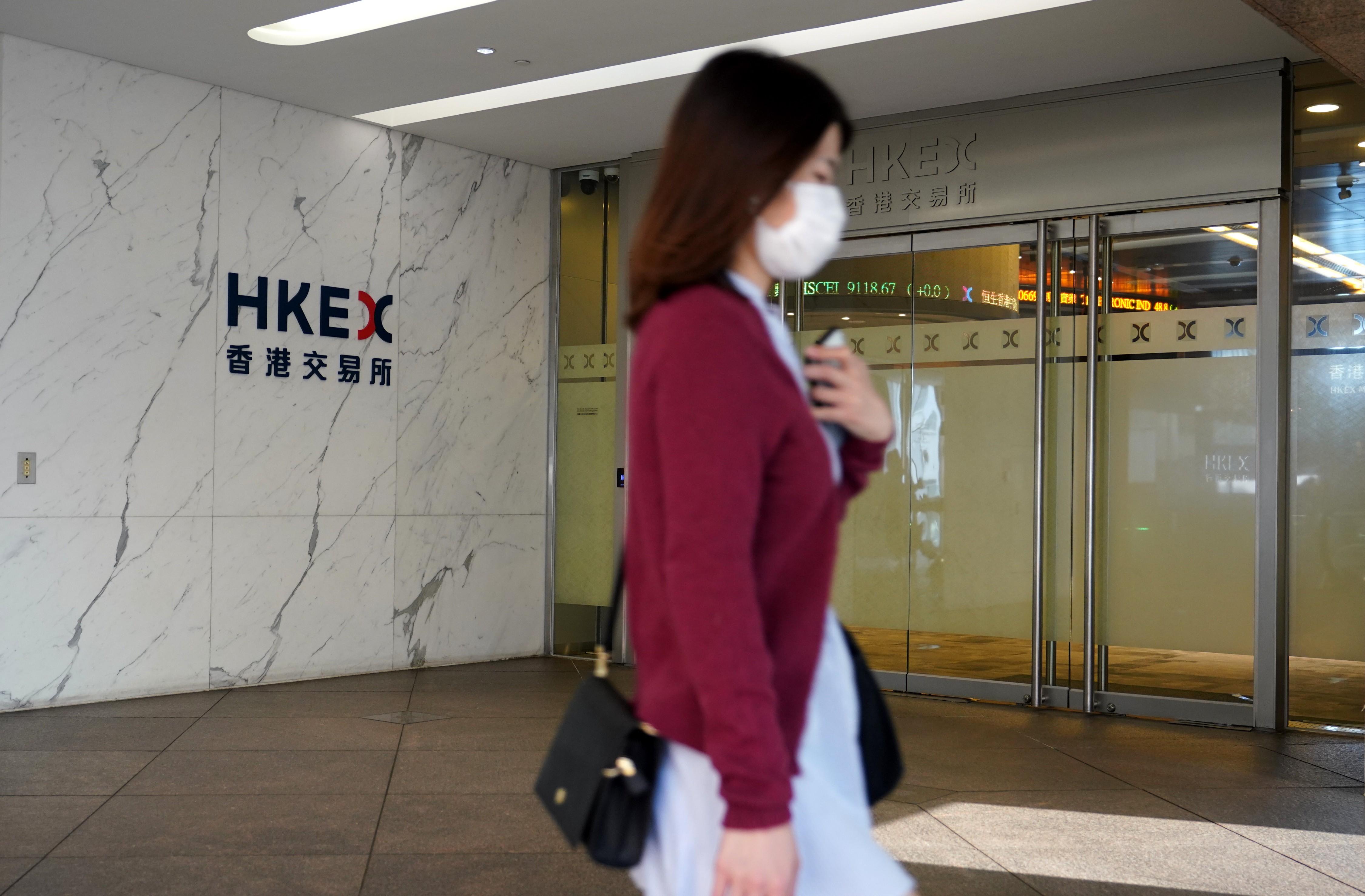
SINGAPORE — Stocks in Asia-Pacific were mostly lower on Thursday, while shares of K-pop superstars BTS’ label, Big Hit Entertainment, surged on the first day of trading.
Big Hit Entertainment’s IPO in South Korea opened at 270,000 Korean won (approx. $236) per share, according to Refinitiv Eikon. That’s double the stock’s issue price of 135,000 Korean won apiece. Shares extended gains after the open before weakening, ending their first trading day more than 90% higher than the issue price.
Other South Korea entertainment firms stocks, however, saw declines: YG Entertainment fell 6.75%, JYP Entertainment slipped 5.29% and SM Entertainment shed 6.73%.
In the broader markets, South Korea’s Kospi slipped 0.81% to close at 2,361.21.
Hong Kong’s Hang Seng index led losses among the region’s major markets as it dropped 2.06% on the day to 24,158.54.
Japan’s Nikkei 225 declined 0.51% to finish its trading day at 23,507.23 while the Topix index shed 0.74% to close at 1,631.79.
Mainland Chinese stocks closed lower, with the Shanghai composite down 0.26% to about 3,332.18 while the Shenzhen component slipped 0.483% to around 13,624.89.
Meanwhile, shares in Australia edged higher on the day, with the S&P/ASX 200 gaining 0.5% to 6,210.30.
MSCI’s broadest index of Asia-Pacific shares outside Japan slipped 1.15%.
In corporate developments, shares of Cathay Pacific in Hong Kong gained 6.05% following reports that the city and Singapore have reached an in-principle agreement establish a bilateral air travel bubble. In Singapore, shares of national carrier Singapore Airlines were 0.29% higher as of about 4:22 p.m. local time.
Overnight stateside, stocks fell for a second day as a stalemate in coronavirus stimulus talks dragged on. The Dow Jones Industrial Average slipped 165.81 points, or 0.6%, to close at 28,514. The S&P 500 finished its trading day 0.7% lower at 3,488.67 while the Nasdaq Composite slid 0.8% to close at11,768.73.
Economic data releases
Australia’s unemployment rate rose to 6.9% on a seasonally adjusted basis in September, according to headline estimates released Thursday by the country’s Bureau of Statistics.
China’s consumer price index rose 1.7% in September compared to a year ago, according to the country’s National Bureau of Statistics. Economists’ polled by Reuters expected a 1.8% increase. Producer price index fell 2.1% in September compared to a year earlier. That compared against a forecast of a 1.8% decline by analysts in a Reuters poll.
Oil prices slip
Oil prices were lower in the afternoon of Asian trading hours, with international benchmark Brent crude futures down 1.04% to $42.87 per barrel. U.S. crude futures also declined 1.07% to $40.60 per barrel.
The U.S. dollar index, which tracks the greenback against a basket of its peers, was at 93.54 following an earlier decline this week from levels around 93.6.
The Japanese yen traded at 105.21 per dollar, having strengthened from levels above 105.3 against the greenback yesterday. The Australian dollar changed hands at $0.7089 following levels above $0.72 seen earlier this week.
Source: CNBC
